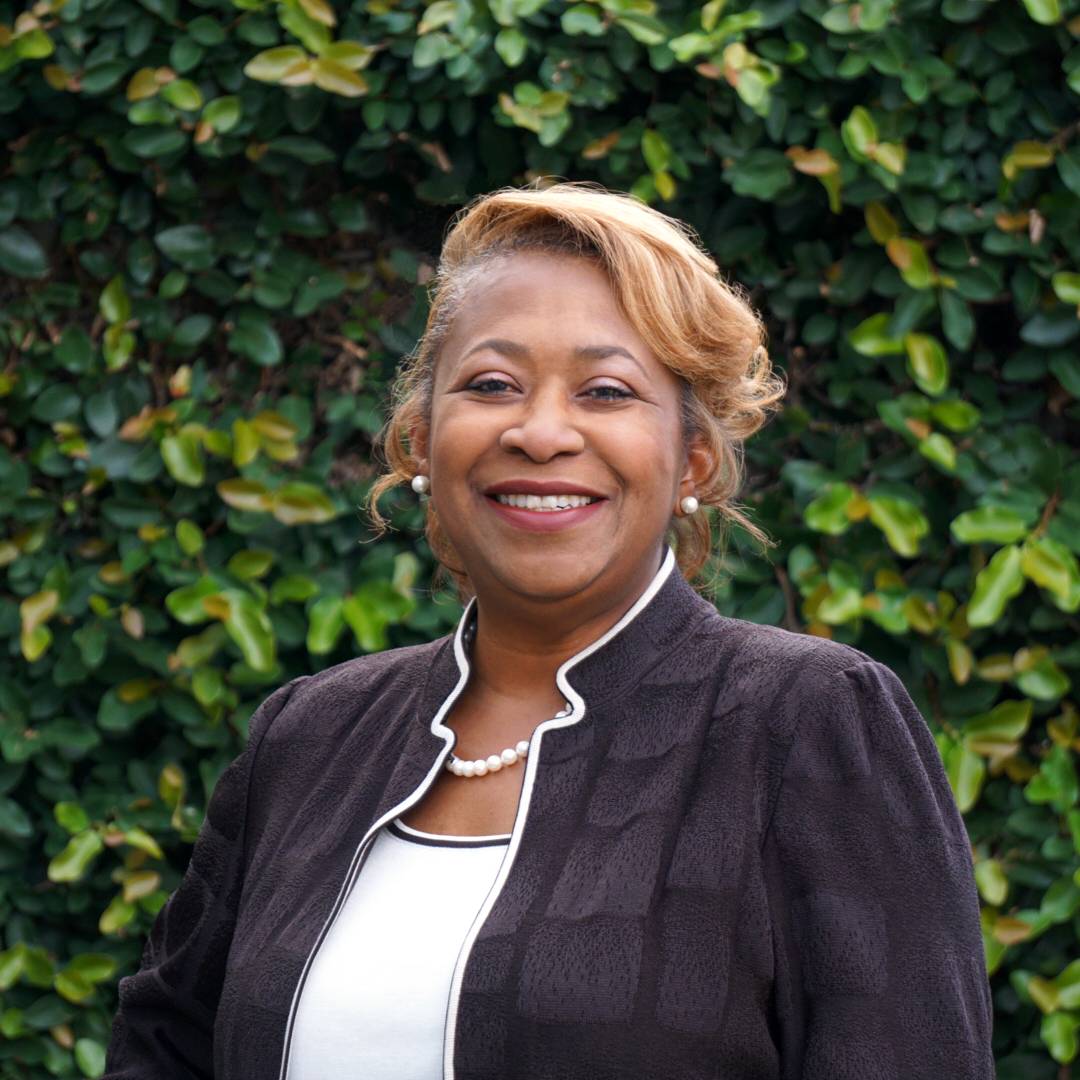 An opinion piece written for The Post and Courier by Winslow Hastie, Faith Rivers James and Brian R. Turner
An opinion piece written for The Post and Courier by Winslow Hastie, Faith Rivers James and Brian R. Turner
The once-in-a-generation opportunity to transform a major piece of public waterfront land in the nation’s first historic district is — and should be — no small feat.
Over the past several months, our coalition of preservation and conservation organizations has identified a range of measures needed to ensure Union Pier will be a vibrant, resilient, and inclusive new neighborhood that is consistent in scale with historic Charleston. We have been advocating for a plan that reflects these core values and working in good faith with the S.C. Ports Authority and the city to make it a reality.
The recently refiled plan by private real estate company Lowe does not meet the mark. It is a prerequisite that this development blend seamlessly into the surrounding neighborhoods, but the proposed building heights, massing and floor plate sizes will not make that vision possible.
We have repeatedly called for new buildings that feel like they are a part of our historic city. But despite the project team’s artistic renderings touted before city leaders and the community, there are no specific assurances that future owners will be limited in their ability to build the maximum building footprints permitted under this master plan. An entire district of massive block-sized buildings adjacent to each other along the waterfront is not Charleston. In the alternative, the Customhouse, Bennett Rice Mill façade and other moderately scaled surrounding buildings are references we can draw on to make this neighborhood legitimately feel a part of our historic city.
Second, open spaces and public realm components of the plan need a rethinking. At the water’s edge, more open space and green infrastructure are both desirable and smart for stormwater, storm surge and resilience planning. The linear plaza around the Bennett Rice Mill is an important step forward, but with less than 5 acres of usable open space on the developable (upland) portion of the site, the plan remains woefully short of contributing the meaningful open spaces the public has been led to expect.
Third, civic space should be front and center at this historic port site. Before the state transfers public waterfront land to the private market, we should have an opportunity to reserve spaces for reflection, recreation and ecology that are not constrained by private interests. We have a civic responsibility to build an accessible, inviting and inclusive community at Union Pier. More can be done to ensure that the streetscape promotes pedestrian and cyclist-friendly movement with broad east-west connections and protected bike lanes. Additionally, 20% of housing on-site should be dedicated as affordable, consistent with practices in similar developments throughout the region.
Most importantly, there is a clear need for a better process. We deserve transparent planning that is proactive, not reactive to a developer-led vision. With the next stages of review mere weeks away, monumental pieces of this plan are still unknown to the public. What will the taxpayer-funded infrastructure investments cost, and how exactly will those expenses be covered? Soon, complex financial proposals will have to be explained, reviewed and voted on by our elected officials. The people of Charleston need assurances that the infrastructure proposed will be sustainable for generations to come.
There is a better way to go about this hugely consequential rezoning process for our central waterfront. Given the growing concerns and uncertainty about the current Union Pier Plan elements, we firmly believe the citizens of Charleston need effective ways to articulate the community’s collective vision.
Our citizens deserve the chance to consider more appealing alternatives to Lowe’s myopic proposal that inordinately benefits its private goals at public expense. Residents deserve the ability to articulate community values before the Planning Commission considers and the City Council approves this developer-driven proposal. This must be allowed before any final approval is granted for the Union Pier redevelopment.
Our city warrants a thorough consideration of the opportunities afforded by a master plan for this incredible crown jewel along the historic waterfront. Let’s take the time to listen to the community and create a vision worthy of our world-class and internationally beloved city.
There is a better way forward for Union Pier.
Winslow Hastie is president and CEO of the Historic Charleston Foundation.
Faith Rivers James is executive director of the Coastal Conservation League.
Brian R. Turner is president and CEO of the Preservation Society of Charleston.
